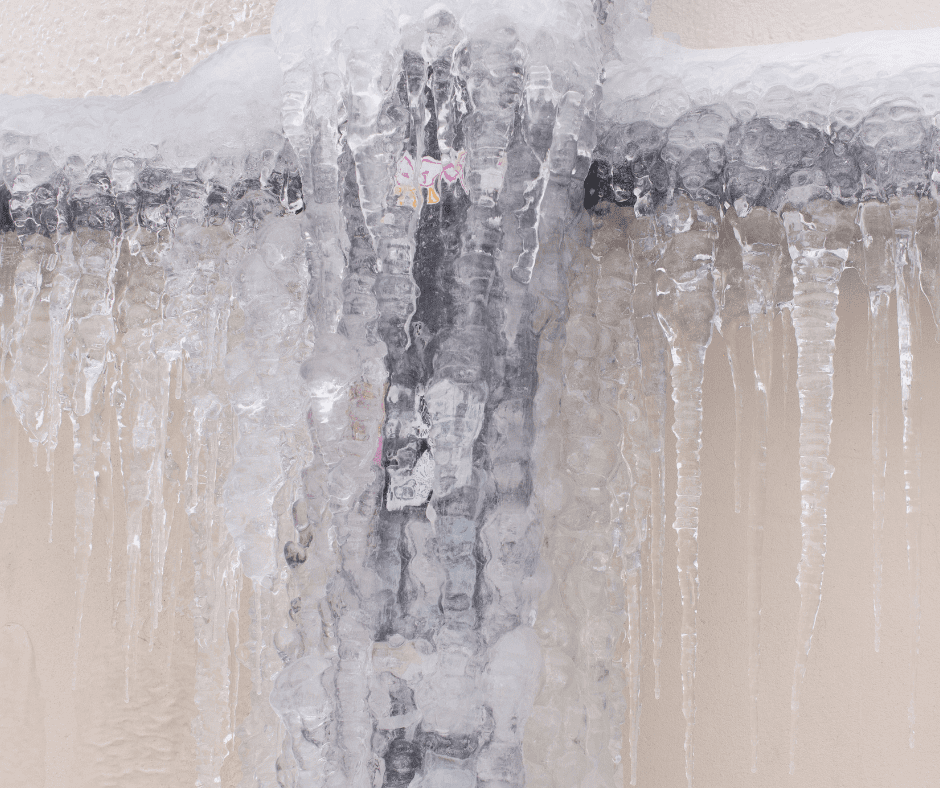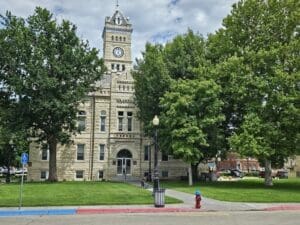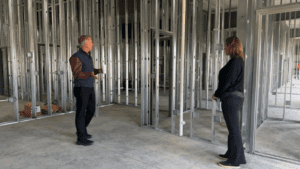By Payton Tholstrup
Kansas has been hit with freezing temperatures over the last week. The Insurance Agency at AAA is offering tips for homeowners to take preventive measures against the damage that can be caused by burst pipes. This cold weather doesn’t just cause problems with vehicles but with homes as well.
“Knowing how to prevent frozen pipes, what to do when your pipes burst, what your insurance will cover, and how to process your claim is key,” Shawn Steward, public affairs manager of AAA Kansas, said.
Both plastic and copper pipes are at risk of freezing due to sudden drops in temperature, poor insulation, or incorrect thermostat settings. A crack as small as 1/8 inch can spew 250 gallons of water per day. This flooding will cause serious structural damage as well as the potential for mold.
AAA offers these tips for preventing frozen pipes:
· Make sure everyone in the family knows where the water shut-off valve is and how it works.
· Insulate pipes in your home’s crawl spaces and attic.
· Seal gaps around pipes that allow cold air inside. You should also look for air leaks around electrical wiring, clothes dryer vents and pipes. Use caulk or insulation to keep the cold out.
· Disconnect garden hoses. If at all possible, use an indoor valve to shut off and drain water from pipes leading to outside faucets. This will reduce the chance that pipes inside the house will freeze.
· Allow warm water to drip slightly overnight preferably from a faucet on an outside wall. Even a small trickle can help keep pipes from freezing.
· Where a freeze is expected, don’t turn down the thermostat at bedtime. Instead, maintain the same temperature during day and night.
· Open cabinet doors to allow heat to reach uninsulated pipes under sinks.
If pipes do freeze:
· If you turn on the faucets and nothing comes out, your pipes are likely frozen.
· You can use a hair dryer to try and thaw a frozen pipe. Begin by warming the section of pipe closest to the faucet; work your way out toward the coldest part.
· Never use a hair dyer or any electrical appliances in areas of standing water. You could be electrocuted.
· Never try to thaw a pipe with a torch or open flame as it could cause a fire.
For burst pipes:
· If your pipes burst, turn off the main water valve and clean up water. You don’t want the water to do more damage than it already has.
· Call the insurance company claims department as soon as you can.
· Make temporary repairs and take other steps to protect your property from further damage.
Managing insurance claims:
· Check with your insurance company to see what your policy covers. Standard policies will cover most of the kinds of damage that result from a freeze. You could also be covered if the weight of snow or ice damages your home.
· Make a list of damaged articles and take photos.
· Save receipts for what you spend.
· If your home gets damaged from water, make sure it is properly dried to prevent future problems with mold.













